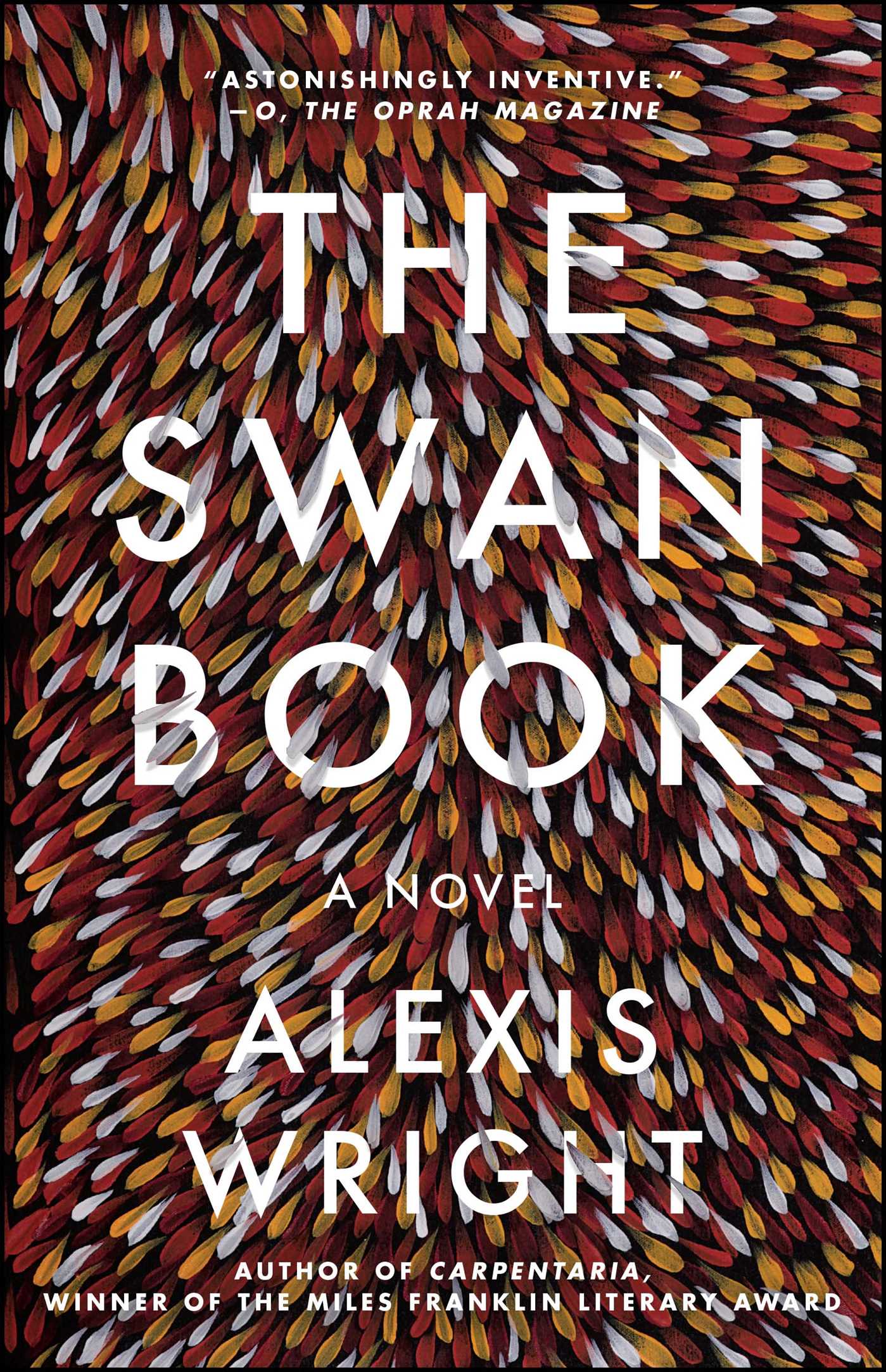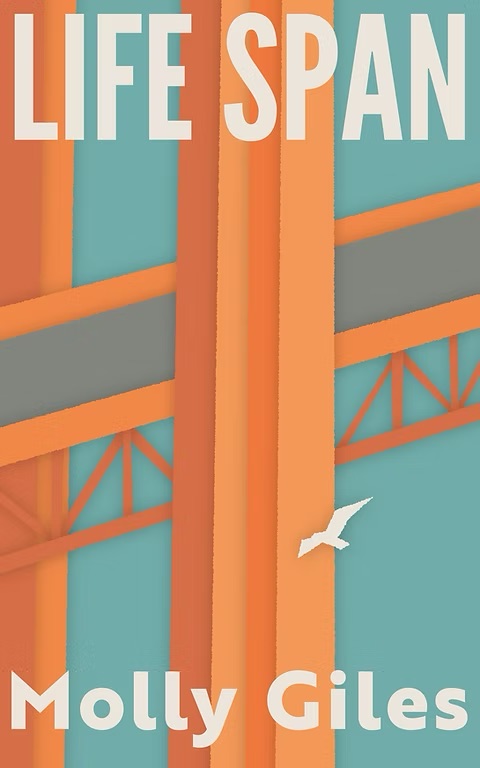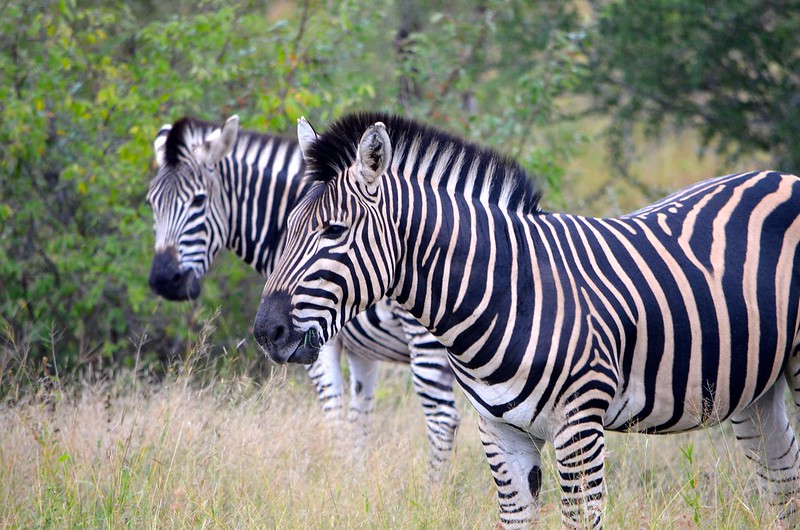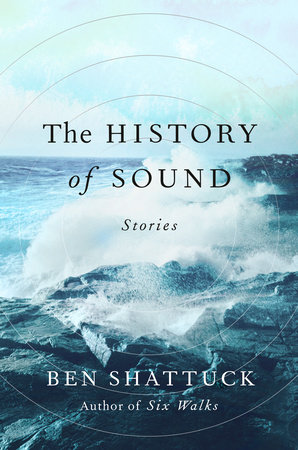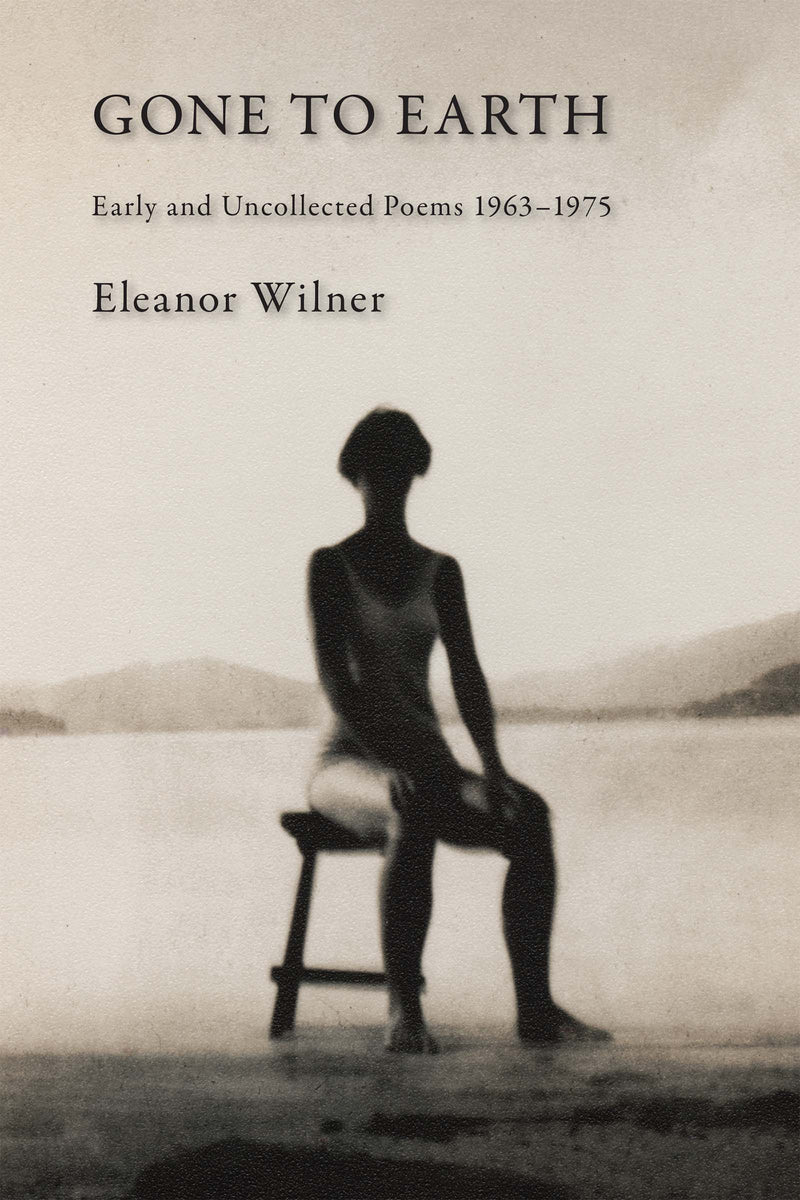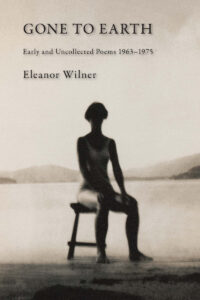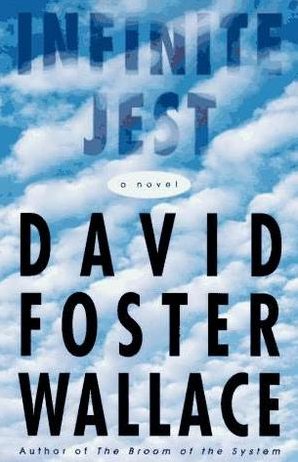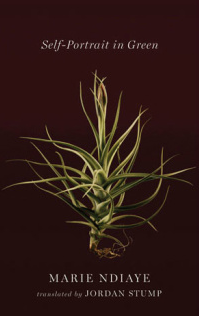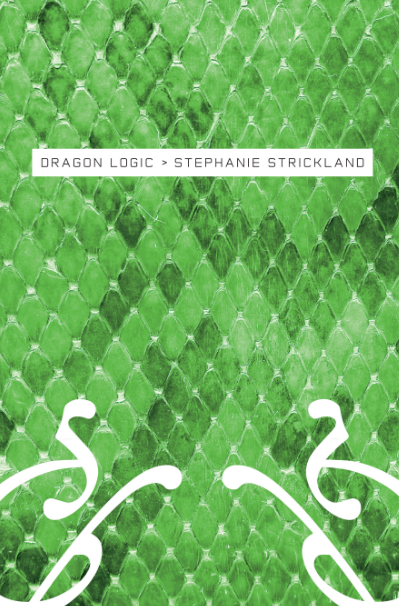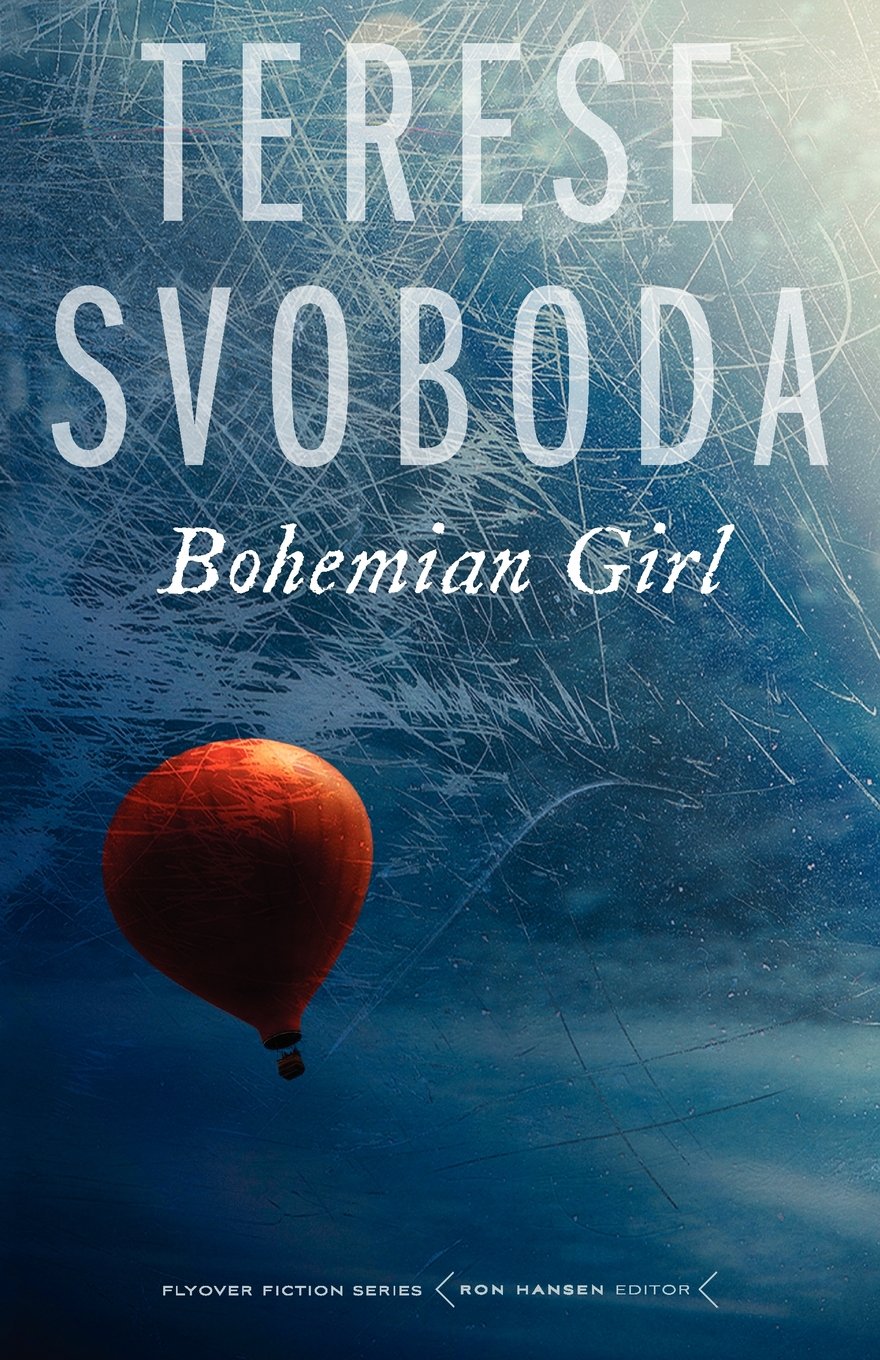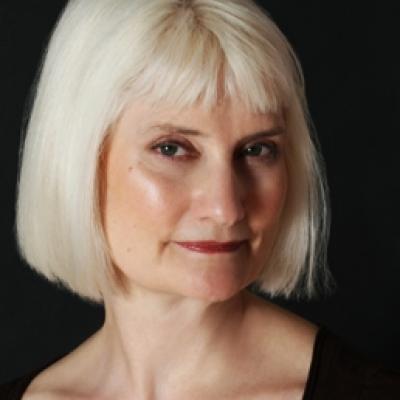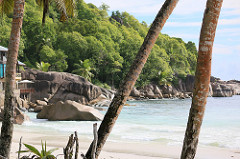Curated by SAM SPRATFORD
The summer months, with their sprawling days, coax us to explore new literary worlds. If you’re not reading Issue 29—which features short stories from Hawai‘i, Kenya, Baton Rouge, and an Austin boxing gym—these recommendations from its contributors TERESE SVOBODA, NICOLE COOLEY, and BILL COTTER will help to revive the childhood magic of summer reading. Read on to discover poetry and prose titles that give permission, immortalize, and remind us how “fiercely beautiful” words can be.
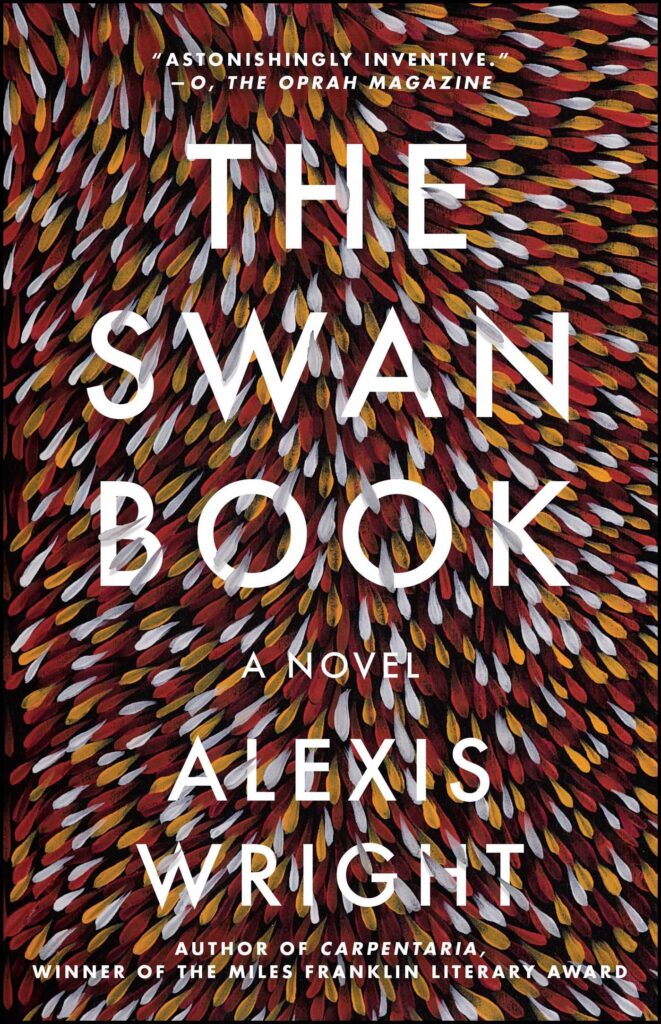 |
Molly Giles’ Lifespan and Alexis Wright’s The Swan Book; recommended by Issue 29 contributor Terese Svoboda
Molly Giles’ 2024 memoir, Lifespan or the novel The Swan Book published in 2013 by Alexis Wright? The first is a perfectly wrought, very moving series of flash pieces of a life experienced above, under, around, and on the Golden Gate Bridge. The second is a wildly inventive, messy novel about the love of Australian black swans by a rebellious woman abducted from a swamp to be the wife of the Australian president. I won’t choose.
